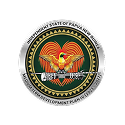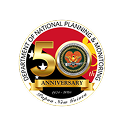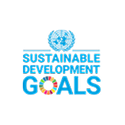Development Cooperation has been an essential part of Papua New Guinea (PNG)’s (PNG) overall development efforts prior to achieving political independence in 1975. Overtime, PNG has evolved from a heavily aid-dependent nation to implement its development plans and budgets to a country now engaging in more strategic and coordinated partnerships. This reflects a changing approach to how PNG is applying development cooperation resources as it moves from aid dependence to strategic economic cooperation.
It was in 2015 that PNG’s inaugural Development Cooperation Policy (DCP) was established as a policy framework to effectively and efficiently guide GoPNG in mobilising, coordinating, managing and delivering development cooperation resources as an important element to implementing its development strategies and plans. It also served as a framework for all Development Partners (DPs), for effective development cooperation partnerships with GoPNG.
In 2018, a review of the Policy became necessary because of the changing development cooperation landscape globally and in PNG, as non-traditional DPs, (including private sector, CSOs, philanthropic foundations and non-ODA partners) continue to increase their levels of assistance towards PNG’s development.
The overarching goal of the PNG DCP 2018-2022 is to ensure that development cooperation resources make maximum contribution to the achievement of PNG’s MTDP IV and supporting national, sectoral and subnational policies and plans. This will be achieved through five key inter-related objectives:



